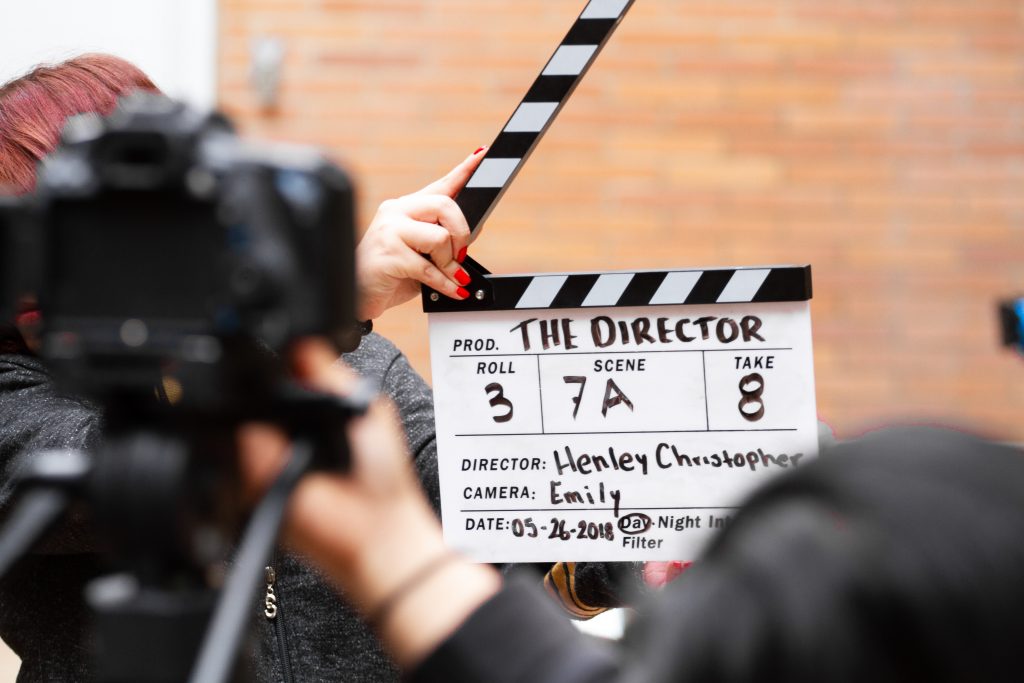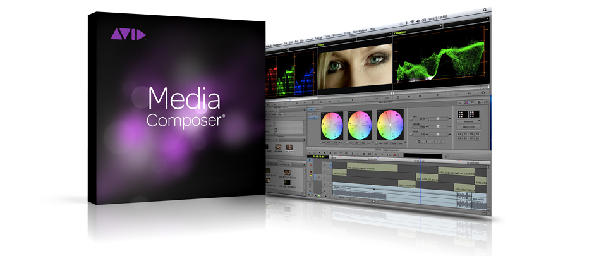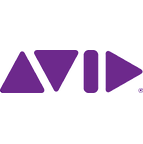
It’s your first day as AD (Assistant Director) and everyone is ready to shoot. The director just looks at you and tells you to “call the shot”. What do you do?
“Picture’s Up!” or “Quiet on Set!”
This is your first step. Loudly, without screaming, let everyone know they’re about to go into an actual take. Anytime you hear this on set, stop what you’re doing and get comfortable because you shouldn’t move or make a sound until you hear “cut” and sometimes that can take a while.
“Roll Sound!”
First thing you want to do is get the sound recorder to start recording (On your very own Zoom f6, if you’re in our Associates Program with equipment included*). Why start there? Sound is cheap. It runs on cheaper cards, taking up less space on the drives. Don’t get me wrong – it is not the sound mixer or boom mixer that are cheap, they’re looking at up to $800 a day for their expertise.
Your Sound Mixer will start recording audio and they will let you know by saying:
“Sound Speeds” or “Sound Rolling”
You will then say:
“Roll Camera!”
Now your Operator will start the camera recording (with your 6k Blackmagic*) and they will let you know by saying:
“Camera Rolling” or “Camera Speeds”
You’re now getting audio and video recordings so it’s time to capture the slate “clapping” this is used (when you don’t have timecode) to synchronize (sync) the audio and video clips. (Slates are also included in the Associate equipment package*) You will now tell the 2nd AC to:
“Mark it!”
The 2nd AC will read the pertinent information from the slate so the editor can identify which take it is by listening to the audio.
“Scene 1 Charley, Take 4”
The 2nd AC will clap the slate and clear frame. At this point, on most sets, your job is done. When they are ready the director will finally call:
“Action!”
This is the basis for every take, but things change on the fly and there’s lots of special circumstances and some different ways to call the shot.
If you’re interested in learning some of these industry specifics and so many other important elements of the filmmaking and media business, consider coming to one of our Open Houses. You will be able to get a feeling for our school, programs, and more!











